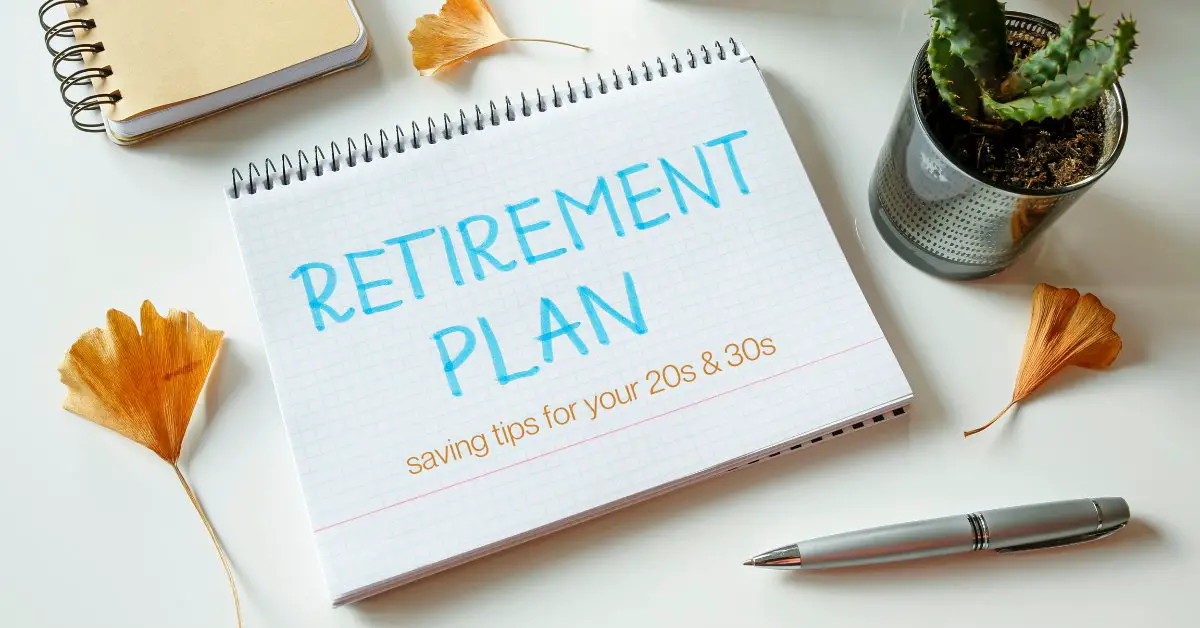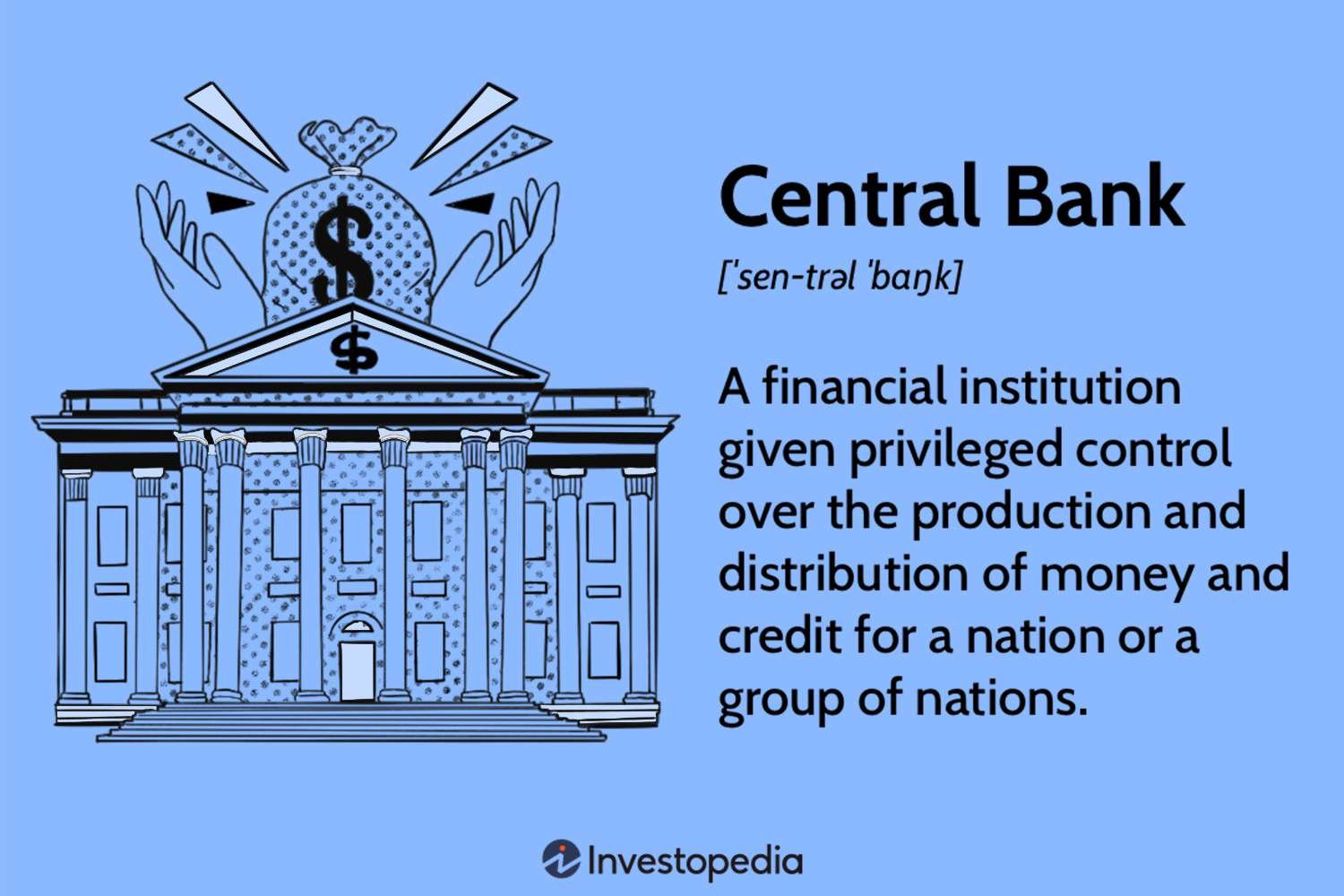Dreaming of an early retirement in your 30s? You’re not alone. Many people aspire to achieve financial freedom and enjoy their golden years sooner rather than later. The good news is that with careful planning and smart decision-making, early retirement can be within reach. In this article, we will explore some practical tips for early retirement planning in your 30s, helping you pave the way towards a financially secure future. So, if you’re ready to take control of your financial destiny and make your retirement dreams a reality, keep reading.
Tips for Early Retirement Planning in Your 30s
Introduction
Retirement might seem like a distant goal when you’re in your 30s, but it’s never too early to start planning. With the right strategies and discipline, you can set yourself up for a secure and comfortable retirement. This article will provide you with valuable tips for early retirement planning in your 30s, helping you take charge of your financial future. Let’s dive in!
1. Start Saving Early
One of the most important steps to achieving early retirement is starting to save as early as possible. The power of compound interest can significantly boost your savings over time. By starting in your 30s, you give your investments more time to grow.
Consider setting up automatic contributions to a retirement account, such as a 401(k) or an Individual Retirement Account (IRA). Aim to save at least 15% of your income, but if that’s not feasible, start with a lower percentage and gradually increase it.
- Allocate a portion of each paycheck toward retirement savings.
- Take advantage of employer matching contributions, if available.
- Consider Roth options to potentially enjoy tax-free withdrawals in retirement.
2. Determine Your Retirement Goals and Timeline
Before you start planning, it’s essential to establish your retirement goals and timeline. Consider the lifestyle you envision during retirement and estimate the expenses you’ll likely incur. This will help you determine how much you need to save.
Additionally, think about your desired retirement age. With early retirement as the goal, you’ll need to balance saving aggressively with enjoying your present life. Assess your current financial situation and make realistic plans based on your goals and timeline.
3. Create a Budget and Track Expenses
A budget is a vital tool for financial planning. It helps you understand your income, expenses, and how much you can allocate toward retirement savings. By tracking your expenses, you can identify areas where you can cut back and increase your savings rate.
- List all your income sources, including salary, bonuses, and side hustles.
- Record your monthly expenses, including rent/mortgage, utilities, groceries, transportation, and discretionary spending.
- Identify areas where you can reduce unnecessary expenses and redirect those funds toward retirement savings.
- Use budgeting apps or spreadsheets to monitor your progress and stay on track.
4. Minimize Debt
Debt can hinder your ability to save for retirement. Prioritize paying off high-interest debts, such as credit card balances and personal loans, as soon as possible. Avoid accumulating new debt and strive to maintain a healthy debt-to-income ratio.
Consider the snowball or avalanche method to tackle your debt:
- Snowball method: Pay off the smallest debts first, gaining momentum as you eliminate each one.
- Avalanche method: Prioritize debt with the highest interest rate, minimizing the overall interest paid over time.
Once you’ve paid off your debt, allocate the funds you used for debt repayment toward retirement savings.
5. Diversify Your Investments
Diversification is key to managing risk and maximizing returns. Allocate your investments across different asset classes, such as stocks, bonds, and real estate, to reduce the impact of market fluctuations.
Consider the following investment options:
- Employer-sponsored retirement plans: Take advantage of your employer’s retirement plan and diversify your investments within it.
- Individual Retirement Account (IRA): Open an IRA and choose a mix of investments that align with your risk tolerance and financial goals.
- Index funds and exchange-traded funds (ETFs): these low-cost investment options provide instant diversification.
- Real estate: Explore opportunities in real estate, either through direct ownership or real estate investment trusts (REITs).
6. Plan for Healthcare Expenses
Healthcare costs can be substantial in retirement. It’s crucial to plan and save for these expenses alongside your retirement savings. Consider the following:
- Investigate health insurance options, such as Medicare, and understand their coverage and costs.
- Explore Health Savings Accounts (HSAs) if you’re eligible, as they offer tax advantages for medical expenses.
- Consider long-term care insurance to protect against the high costs of assisted living or nursing care.
7. Stay Informed and Seek Professional Advice
Retirement planning can be complex, and it’s essential to stay informed and seek guidance when needed. Educate yourself about investment strategies, tax implications, and retirement planning tools.
Consider consulting with a financial advisor who specializes in retirement planning. They can help you create a personalized plan based on your goals, risk tolerance, and financial situation. A professional advisor can also provide valuable insights and help you make informed decisions.
Retirement planning in your 30s is a proactive step toward financial freedom and independence. By starting early, saving consistently, and making wise investment choices, you can put yourself on the path to early retirement.
Remember, everyone’s financial situation is unique, so adapt these tips to align with your goals and circumstances. By taking control of your financial future now, you’ll be well-prepared to enjoy a comfortable and fulfilling retirement.
Everything You Need to Know About Finances in Your 30s
Frequently Asked Questions
Frequently Asked Questions (FAQs)
What are some tips for early retirement planning in your 30s?
Start contributing to retirement accounts as early as possible, create a budget and stick to it, reduce unnecessary expenses, explore investment options, diversify your investment portfolio, consider professional financial advice, and prioritize saving for retirement over other financial goals.
How much should I contribute to my retirement accounts in my 30s?
While there is no one-size-fits-all answer, financial experts often recommend contributing at least 15% of your annual income to retirement accounts in your 30s. However, the specific amount can vary depending on your individual circumstances and financial goals.
Should I focus on paying off debt or saving for retirement in my 30s?
It is generally advisable to strike a balance between paying off debt and saving for retirement. Prioritize high-interest debt, but also allocate some funds towards retirement savings. Starting early can help you take advantage of compounding interest, potentially putting you in a better financial position in the long run.
What are the benefits of diversifying my investment portfolio for early retirement planning in my 30s?
Diversifying your investment portfolio helps spread out risk and can potentially increase your chances of higher returns. By investing in a mix of stocks, bonds, mutual funds, and other assets, you can minimize the impact of any individual investment performing poorly and maximize your overall long-term growth potential.
When should I consider seeking professional financial advice for early retirement planning in my 30s?
If you are unsure about investment strategies, need help setting realistic retirement goals, or have complex financial situations, it may be beneficial to seek professional financial advice. A certified financial planner can provide personalized guidance and help ensure you are on track to achieve your retirement goals.
Can I use retirement funds for emergencies or other financial needs in my 30s?
While generally discouraged, some retirement accounts do offer options for early withdrawals or loans in case of emergencies. However, it is important to carefully consider the implications, such as potential penalties, taxes, or compromising your long-term retirement savings. Explore other options for emergency savings before tapping into your retirement funds.
What are some common mistakes to avoid in early retirement planning in your 30s?
Common mistakes to avoid include neglecting to start saving early, underestimating future expenses, not regularly reviewing and adjusting your retirement plan, relying solely on Social Security for retirement income, and not taking advantage of employer-sponsored retirement plans and matching contributions.
How can I stay motivated and committed to early retirement planning in my 30s?
Setting clear retirement goals, tracking your progress, celebrating milestones, surrounding yourself with like-minded individuals or groups, educating yourself about personal finance and retirement planning, and regularly reviewing your financial plan can help you stay motivated and committed to your early retirement goals.
Final Thoughts
In conclusion, early retirement planning in your 30s is crucial for ensuring a comfortable and financially independent future. Start by setting clear financial goals and creating a budget that allows for dedicated savings. Maximize your contributions to retirement accounts like 401(k)s and IRAs, taking advantage of any employer matches. Diversify your investment portfolio, considering both long-term growth and risk management. Regularly review and adjust your plan as necessary, keeping in mind the importance of reducing debt and living within your means. By following these tips for early retirement planning in your 30s, you can confidently work towards a secure and enjoyable retirement.



